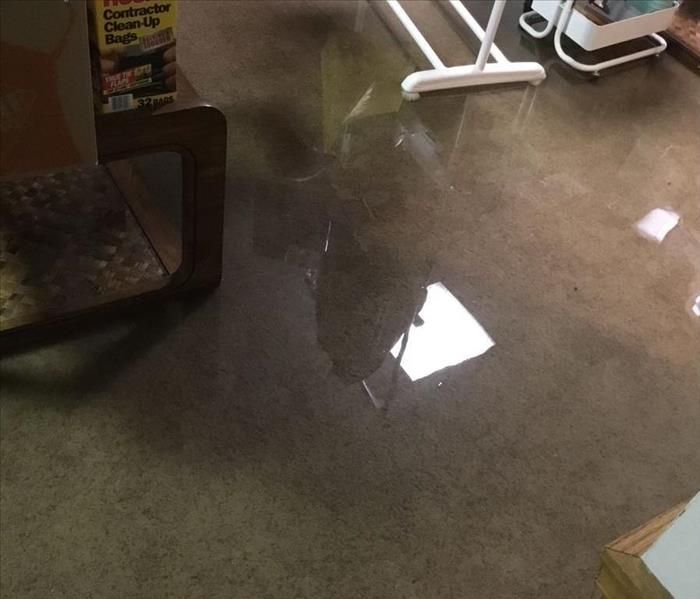

Once you know what the cause is, you can work on fixing the entry point to prevent future flooding. If your basement floods, even for the first time, there is a source and a solution. WHY DOES MY BASEMENT FLOOD WHEN IT RAINS: FIX THE PROBLEM If the sewers are filled beyond capacity, sewage will flow towards your house and could enter through a floor drain or toilet, flooding the basement. If the city sewers are filled by a rainstorm and begin overflowing, sewage can back up into your home. Sewer Backup - Another frequent source of basement floods is a sewer backup.If the sump pump fails during a torrential downpour, or if you lose power and it shuts off, groundwater can enter the basement through the sump pump and flood the basement. Sump pumps are designed to pump excess water away from the foundation.

If you have one, check on it frequently to ensure it's working correctly or at all. Sump Pump - Sump pump failures are also of concern.The risk of flooding through cracks increases without proper grading or downspout extensions. But regardless of whether or not there is a drainage system, or whether it is working or not, if there are cracks in your basement walls, water will enter during heavy rains. If this has failed or wasn't built into the property for some reason, any cracks and holes in the walls will allow this water into the basement. Typically, houses are built with some form of drainage system around them to move water away from the foundation and basement.

Foundation Drainage - If you have a foundation drainage problem, you can suffer from flooding.If your home lacks adequate grading, or it suffers from clogged gutters and downspouts, water will run down the walls of your home and your property to gather at your foundation.

Gravity wants to pull that water downward, and if there is a way for it to enter the basement, it will.


 0 kommentar(er)
0 kommentar(er)
